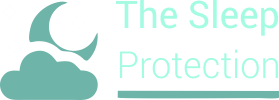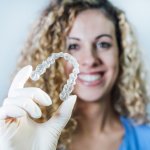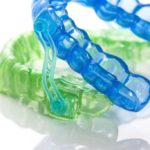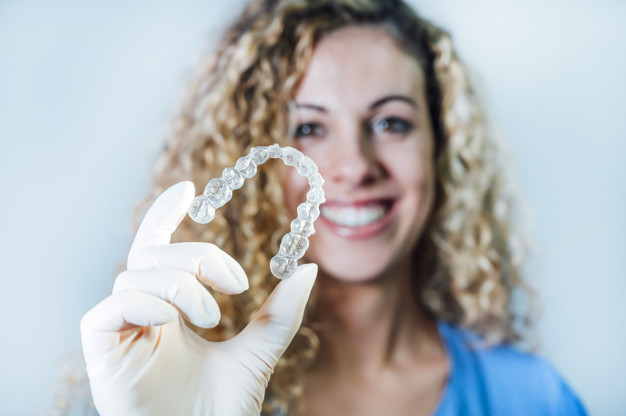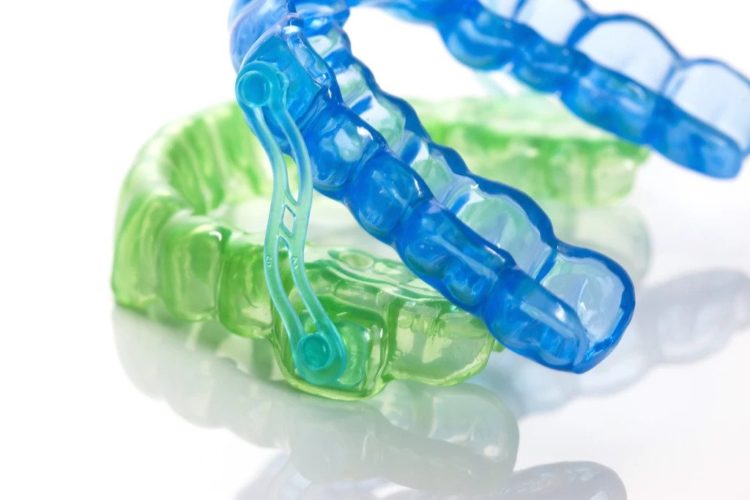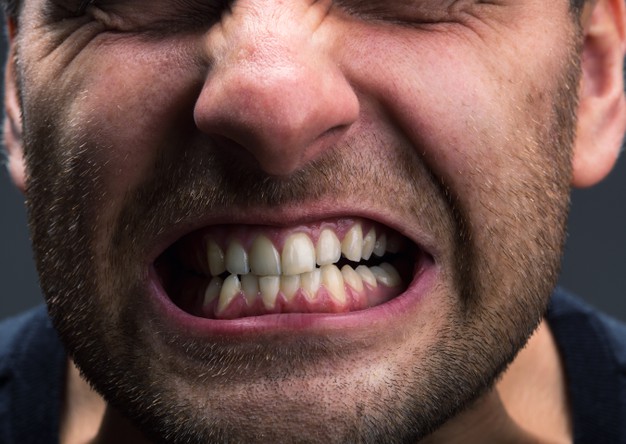
What is Bruxism?
If you wake up with sore jaw muscles or headache, you may have been suffering from bruxism — the clenching and grinding of teeth. Bruxism can make your teeth painful or loose, and sometimes parts of teeth are literally coming out. Eventually, bruxism can destroy surrounding bone and gum tissue. It can also cause problems involving the jaw joint, such as temporomandibular joint syndrome
Symptoms of Bruxism
- headache, jaw joint and/or ear pain
- aching teeth, particularly just after waking up
- aching and/or stiffness of the face and temples just after waking up
- aching or stiffness in the jaws while chewing, particularly during breakfast
- clenching the jaw when angry, anxious or concentrating
- temperature-sensitive teeth
- cracked or chipped tooth enamel
- tooth indentations on the tongue
- raised tissue on the inside of the cheek caused by biting
- loose teeth.
What causes sleep bruxism?
The exact cause of sleep bruxism is not known, however, it has been found to be associated with several factors such as daytime stress, anxiety, obstructive sleep apnea, loud snoring, heavy alcohol use, caffeine, smoking, and certain antidepressant drugs.. Recently, studies have shown that bruxing episodes during sleep are preceded by an increase of brain activity and heart rate. This suggests that central nervous system factors may play a important role in the initiation of bruxing. In the past, it was felt that a bad bite or a malocclusion was the cause of bruxism, however, numerous scientific studies have failed to show a relationship.

